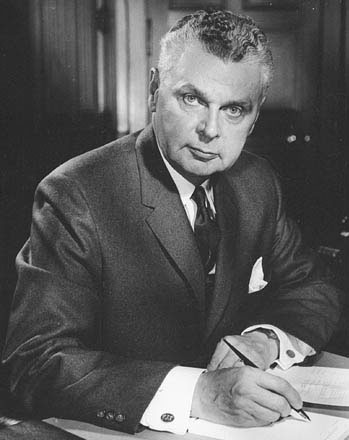httpv://www.youtube.com/watch?v=u2FT4_UUa4I
Today is Yeats‘s birthday (1865 – 1939).
Frye in “The Top of the Tower: The Imagery of Yeats”:
In Byzantium the imagery is again Heraclitean and alchemical, the vision of Sailing to Byzantium seen from within as a process. We start out in the sea, the beginning and the end of life, and move from the “fury and mire” of human passion upwards to the “changeless metal.” This is the movement of discarnation, opposite to the birth-to-death movement of incarnation, in which the spiral wrappings of the dead mummy are unwound, a movement that takes us beyond the world that is “by the moon embittered,” and where the gong never ceases to strike. Perhaps, then, the intuition of so many poets, including Dante, that this journey of the soul is also connected with another life after ordinary death has something to be said for it. If man has invented death, as Yeats says, he can recover what he has projected, and find his home in the “translunar Paradise” which he himself can make, and has made.
The poet of the Byzantium poems has gone far beyond the mystery of the fifteenth phase of A Vision, presented there as something forever beyond human capacities. The fifteenth phase is guarded, we are told, by Christ and Buddha. Christ descended into the bottom of the cyclical world–made himself of no account, as Paul says–then rose out of it, with a great company following. Buddha meditated on the deliverance of man from his own Narcissus image, “mirror on mirror mirrored,” the genuine Hercules in heaven liberated from its shadow in Hades. Just as in Eliot’s Burnt Norton the summit of vision and the depth of annihilation are the same point, the still point of the turning world, so in Yeats the top of the tower is both the rag-and-bone shop of the heart and the translunar Paradise that the heart alone has created. (The Stubborn Structure, 276-7)

